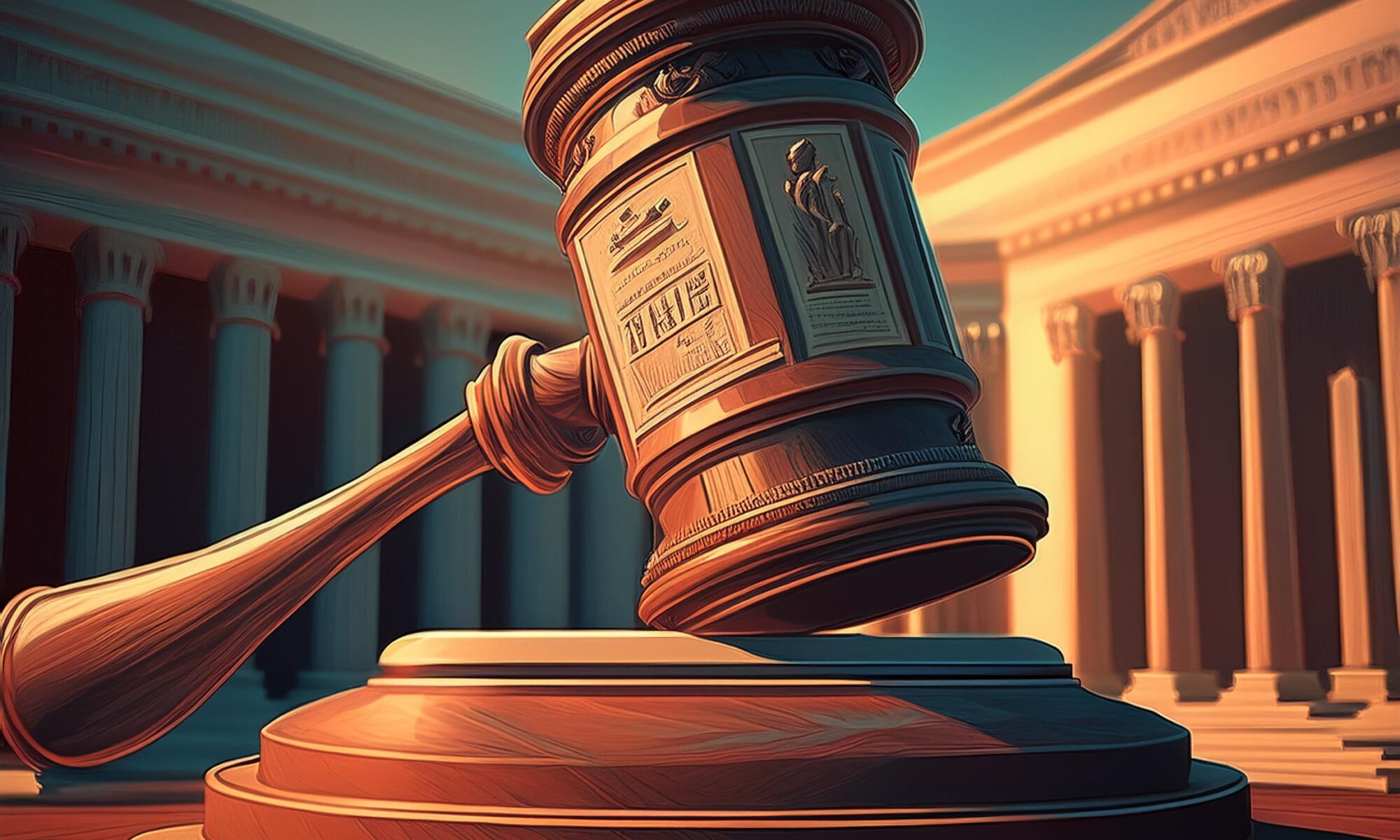1. Muldrow v. City of St. Louis:
This case ruled that employees alleging a discriminatory job transfer do not need to demonstrate significant harm, only “some harm.” This decision simplifies the process for proving harm in discriminatory job transfer cases.
2. Murray v. UBS Securities:
The court emphasized that a whistleblower under the Sarbanes-Oxley Act only needs to show that their protected activity was a contributing factor to an adverse employment action. This effectively lowers the burden of proof for whistleblowers in retaliation cases.
3. Okonowsky v. Garland:
This case concluded that a coworker’s social media posts can be considered when assessing a Title VII claim for a hostile work environment. This allows social media evidence to be used in harassment cases.
4. Rajaram v. Meta Platforms:
The ruling prohibits discrimination against U.S. citizens based on their citizenship status, extending protections to U.S. citizens.
5. Daramola v. Oracle America:
The court clarified that the anti-retaliation provisions of certain laws do not apply outside of the United States, limiting protections under anti-retaliation laws for employees working abroad.
6. Castellanos v. State of California:
This ruling upheld the constitutionality of Proposition 22, which limits protections for workers classified as independent contractors.
7. Bailey v. San Francisco District Attorney’s Office:
The case established that a single use of a racial slur can be actionable for creating a hostile work environment, thereby strengthening protections against racial harassment in the workplace.
8. Quach v. California Commerce Club:
This decision determined that a party opposing arbitration does not need to show prejudice to establish a waiver of their right to arbitration, which protects employees from unfair arbitration agreements.
9. Huerta v. CSI Electrical Contractors:
The court ruled that time spent on an employer’s premises for security inspections is compensable as “hours worked,” ensuring employees are fairly compensated for time spent on work-related activities.
10. Naranjo v. Spectrum Security Services:
The ruling stated that an employer is not liable for penalties under Labor Code section 226 if wage statements were provided in good faith. This sets a precedent for employer liability in cases relating to wage statements.
11. Vazquez v. SaniSure:
The court decided that an arbitration agreement signed during one period of employment may not apply to subsequent employment. This clarifies the applicability of arbitration agreements across different employment periods.
12. Mar v. Perkins:
Employees were found to be bound by an arbitration agreement if they continue working after a policy modification, establishing that continued employment constitutes consent to arbitration.
13. Osborne v. Pleasanton Auto:
This ruling protects employees from defamation claims related to HR complaints by defining pre-litigation statements made to HR as conditionally privileged protected activity.
14. Wawrzenski v. United Airlines:
The court mandated that plaintiff comparators need to be similar “in all relevant respects” for discrimination cases, strengthening the standard for using comparators in such cases.
15. Shah v. Skillz Inc.:
The court clarified that stocks are not considered wages under the Labor Code, elucidating the treatment of stocks in employment cases.
Are you being harassed or discriminated against in your workplace? At Helmer Friedman LLP, we have highly qualified employment law attorneys ready to fight on your behalf. Don’t suffer in silence; reach out to us for expert legal representation. At our firm, you’re not just a number—you’re a valued individual deserving justice and equity. Contact us today.

